Description
David Fleming – Applied Movement Neurology Academy – Tier 3 Courses – Level 3 Mastermind
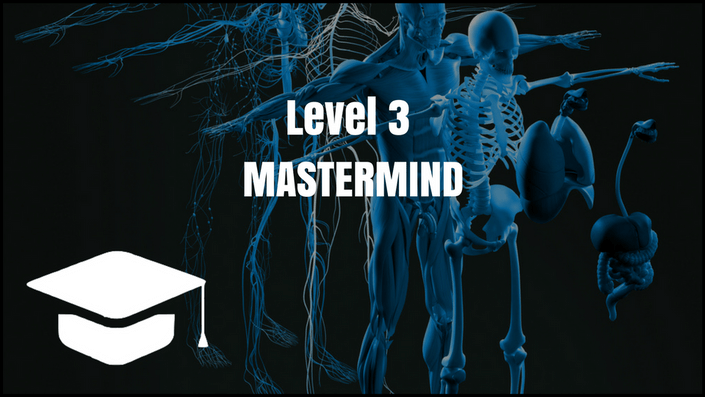
AMN Level 3 Practitioner
The Level 3 Certification goes ‘deep down the rabbit hole’.
It’s in this Level that you will really master the most complex cases that present to you in the clinic. In this Level, we deal with the Sensory Autonomics.
Sensory Autonomics account for 80% of all the information that travels from our nerve endings to our brain, and is dealing with all of the information that is being received from the systems essential to our survival.
Level 3 Curriculum
The Limbic Screen
We all know that the emotions can affect the way our body feels. Think about the last time you were stressed or anxious. These emotions, and in fact all emotions, have physical projections or representations.
But it’s not just the emotions we’re experiencing right now that can have an effect on our health. Historical emotional conflicts can have a huge impact on how we move, how we feel, and can, in some cases, be a catalyst for unpleasant chronic conditions and disease states.
Emotional memories can directly influence our health. Assessing from this reference point can allow you to uncover the deepest correlations of your client’s problems or dysfunctions.
Respiratory Screen
This screening process allows you to improve reflexive control of respiration from the level of the brainstem making dramatic, and in some cases instantaneous, changes to the way we breathe.
Immune Screen
Learn how to assess for current or historic bacterial, fungal, viral and parasitic correlations to the immune system. This assessment process can be the missing link in a lot of people’s skill set that will open the door to helping your clients and patients.
Immune Screen
Learn how to assess for current or historic bacterial, fungal, viral and parasitic correlations to the immune system. This assessment process can be the missing link in a lot of people’s skill set that will open the door to helping your clients and patients.
Gastrointestinal Screen
Learn the importance of the microbiome, the role of the large intestine, small intestine and stomach. Assess the functional balance of gut bacteria, search for gut dysfunction, neurotransmitters and their relation to our health
Circadian Vestibular Screen
All living organisms display innate biological rhythms based on the rhythmic 24hr cycles of the planet and nature. These rhythms regulate behaviour and physiology. Delve into this fascinating aspect of biology and uncover how, the vestibular system correlates balance control, autonomic regulation, body temperature and anxiety under a single integrated control system
Circadian Liver Screen
The liver regulates carbohydrate, lipid, amino acid and bile acid metabolism, detoxification and plasma protein synthesis pathways. Learn how to identify when dysfunction of the rhythmic action of the liver lies behind movement and health dysfunctions
Osmolarity Screen
Fluid homeostasis refers to water balance in the body. We all think we understand the importance of hydration. With the Osmolarity screen we can uncover, specifically, when hydration is required, when it is not, how it relates to blood pressure and the influence of sunlight on the mechanisms involved.
Structure Screen
Sometimes a muscle problem, or pain complaint just doesn’t seem to resolve with movement or manual therapy. Sometimes we need to look to the connective tissues themselves. The structure screen allows you to identify precisely when a joint, ligament or the fascia (as well as other tissues) is the driver of a problem, and gives you the tools to create a resolution
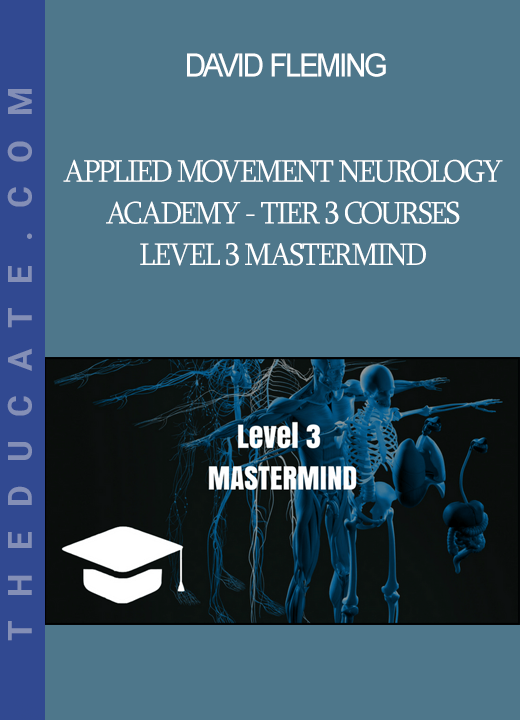

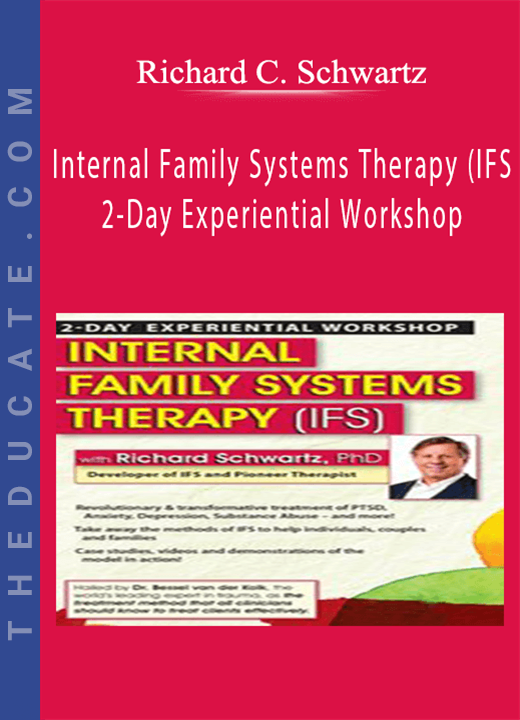
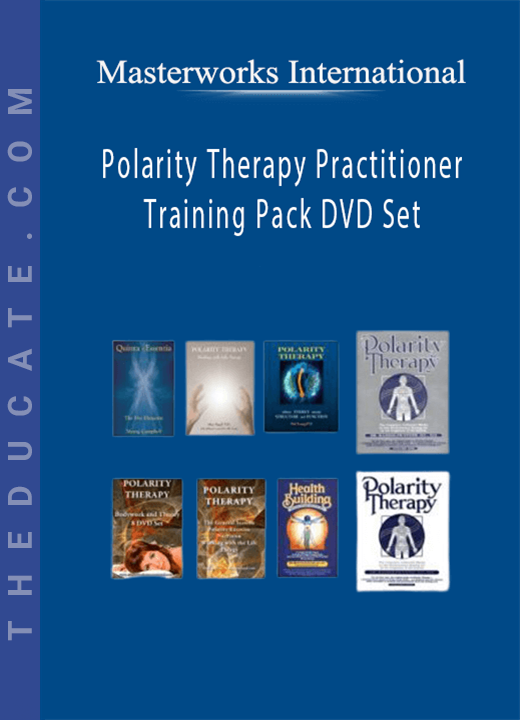

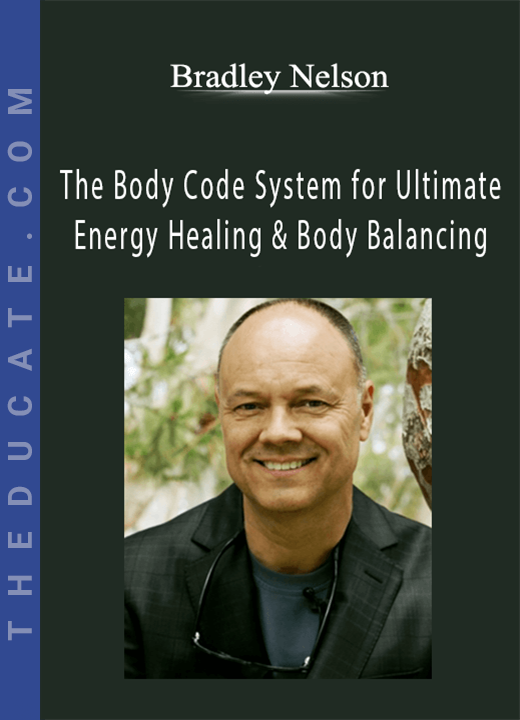
Reviews
There are no reviews yet.